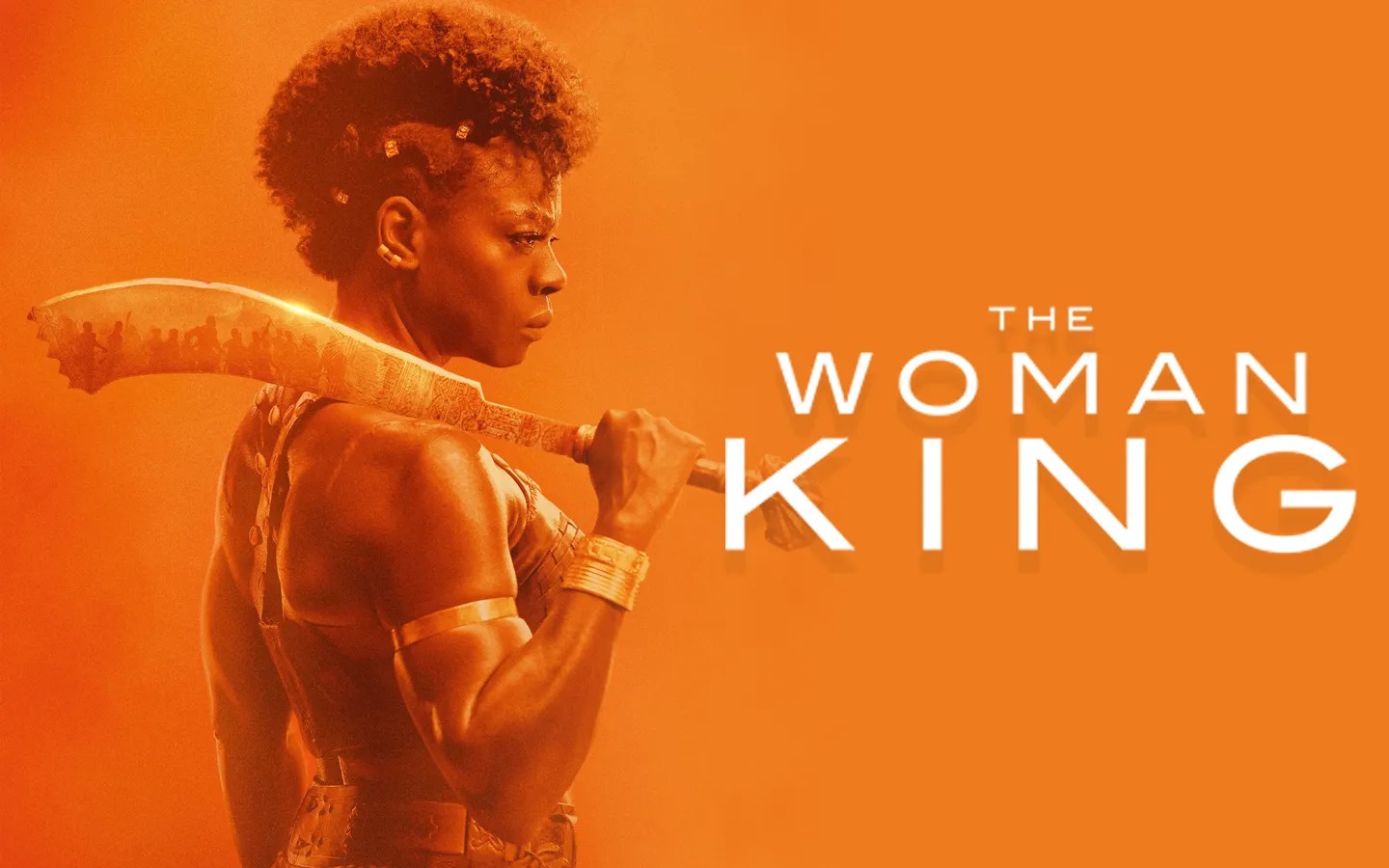The Woman King (2022)

“The Woman King,” directed by Gina Prince-Bythewood and released in 2022, is a powerful historical drama that sheds light on a remarkable chapter of African history. Set in the Kingdom of Dahomey in the 19th century, the film chronicles the real-life story of the Agojie, an elite group of female warriors, and their leader, General Nanisca, portrayed with fierce elegance by Viola Davis. This essay explores the film’s narrative, character development, historical context, and its impact on modern cinema.
“The Woman King” is set against the backdrop of the Kingdom of Dahomey, a powerful African kingdom renowned for its formidable all-female military regiment known as the Agojie, or Dahomey Amazons. The plot focuses on General Nanisca (Viola Davis), who leads the Agojie as they defend their kingdom against external threats and navigate internal political challenges.
The film’s central themes revolve around empowerment, courage, and resilience. It portrays the Agojie not only as fierce warriors but also as symbols of resistance against colonial oppression and societal constraints. Nanisca’s personal journey is depicted with emotional depth, highlighting her leadership qualities, her struggle for justice, and her commitment to her people. The film also delves into themes of loyalty, sacrifice, and the complexities of leadership in times of conflict.
One of the film’s greatest strengths is its character development. Viola Davis delivers a masterful performance as Nanisca, embodying the character’s strength, vulnerability, and moral integrity. Davis’s portrayal captures the essence of a leader who is both a fierce warrior and a compassionate mentor.

The film also introduces several other significant characters, including Nawi (Thuso Mbedu), a young recruit who undergoes rigorous training to become an Agojie warrior. Nawi’s journey from an inexperienced novice to a seasoned fighter mirrors the broader themes of growth and self-discovery. The relationships between Nanisca and her fellow warriors, as well as her interactions with the kingdom’s political leaders, add depth to the narrative, revealing the personal and political challenges faced by the Agojie.
“The Woman King” is notable for its accurate portrayal of the Agojie, who were real historical figures in the Kingdom of Dahomey. The film provides a glimpse into their unique role in history, blending historical facts with dramatic storytelling. The Dahomey Amazons were known for their bravery and skill in battle, and their legacy is an important part of African history that has often been overlooked in mainstream cinema.
The film’s depiction of the socio-political dynamics within Dahomey, including the kingdom’s interactions with European powers, adds a layer of historical complexity. While some historical liberties are taken for dramatic effect, the film succeeds in highlighting the Agojie’s significance and their impact on the history of the region.

Visually, “The Woman King” is a stunning cinematic experience. The film’s production design captures the essence of 19th-century Africa with authenticity and vibrancy. The costumes, set designs, and cinematography contribute to the film’s immersive quality, transporting viewers to the heart of Dahomey.
The action sequences are choreographed with precision and intensity, showcasing the martial prowess of the Agojie. The film’s use of color and lighting enhances its dramatic and epic tone, while the soundtrack complements the narrative with a blend of traditional African music and contemporary compositions.
“The Woman King” received widespread acclaim from critics and audiences for its strong performances, particularly Davis’s portrayal of Nanisca, and its engaging storytelling. The film was praised for its representation of African history and its focus on female empowerment. It resonated with audiences for its portrayal of strong, complex female characters and its celebration of a lesser-known historical narrative.

The film’s impact extends beyond its artistic achievements. It contributes to a broader cultural conversation about the representation of African history and female leadership in cinema. By bringing the story of the Agojie to a global audience, “The Woman King” challenges traditional narratives and offers a more nuanced understanding of African history.
In conclusion, “The Woman King” (2022) is a powerful and inspirational film that highlights the remarkable story of the Agojie and their leader, General Nanisca. With its compelling narrative, strong performances, and meticulous attention to historical detail, the film stands as a testament to the courage and resilience of its characters. It not only entertains but also educates and inspires, leaving a lasting impact on both the historical and cinematic landscapes.











